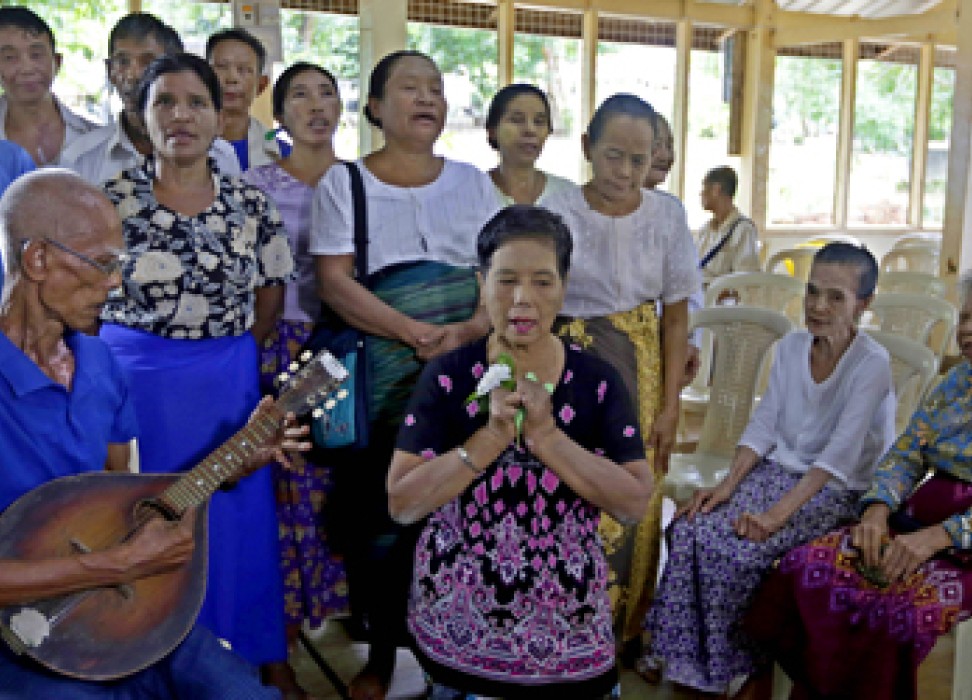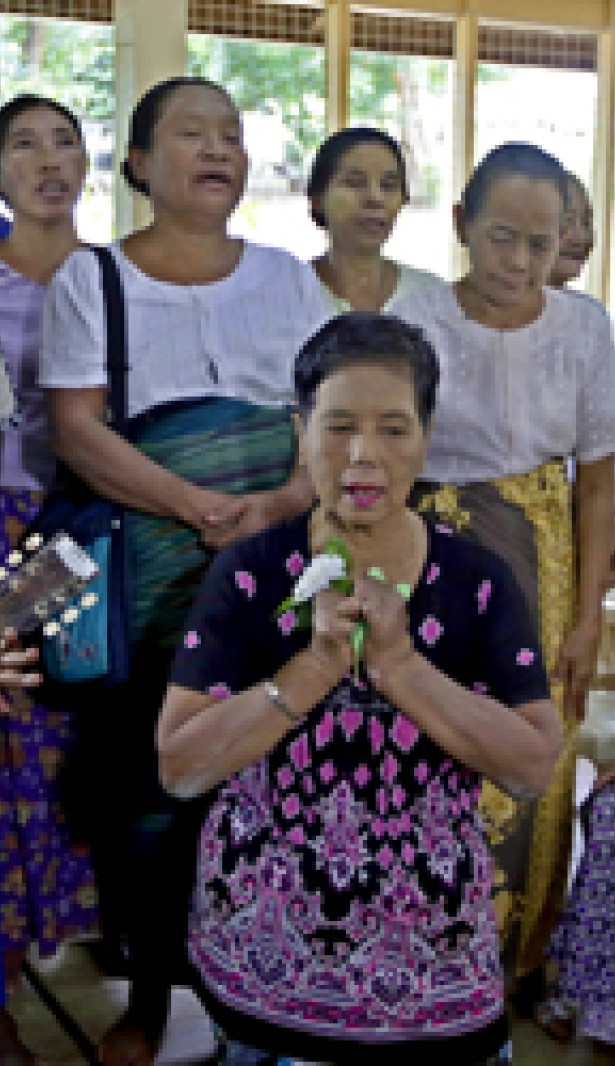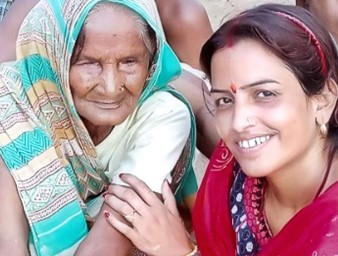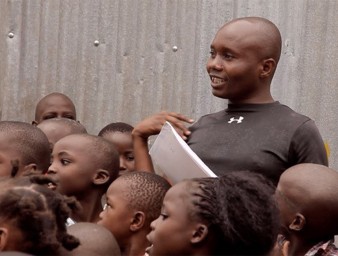UN expert: despite medical cure leprosy causes stigma and discrimination
25 January 2018

"For me it is so obvious; leprosy has always been an issue of human rights violations," said Alice Cruz. "You find human rights abuses throughout history and in so many different cultures."
Cruz is the UN Special Rapporteur on the elimination of discrimination against persons affected by leprosy and their family members. She is the first UN independent expert to hold the post, which focuses on improving the human rights situation for people affected by the disease. She said she will use the position to advocate for persons and communities affected by leprosy by helping states uphold their obligations on human rights.
Leprosy is a disease with a centuries old social and medical history with long-held stigmas associated with it. Chief among these has been the idea that it is highly contagious and disfiguring; beliefs which led to isolation and segregation of communities of people affected by leprosy and their families.
Today, leprosy is a neglected disease, with the highest numbers being reported in India, Brazil and Indonesia. In endemic countries, the disease often affects the poorest strata of society, which makes them vulnerable to more neglect of human rights, Cruz said.
"We need to tackle different human rights abuses, such as the right to health, the rights of women and children, the right of the elderly, of persons with disabilities, the right to housing; there are so many different issues involved in the problem," she said.
Many countries, particularly in the West, think that leprosy no longer applies to them, Cruz said. But this thinking is short sighted. Cruz said that migration patterns and lack of experience among medical professionals in the West with the disease, has seen a small spike in reported cases in countries such as the USA, the UK and Portugal among others.
The fact that leprosy continues to affect the lives of millions of people across the globe is troubling, said UN Deputy High Commissioner for Human Rights Kate Gilmore. The disease is not too costly to minimize, leprosy-related pain is not too complex to alleviate, nor is transmission too difficult to prevent, she said.
"Treatable, curable, manageable: there is no medical basis to the stigma that clings to tenaciously to Hansen's disease (leprosy)," Gilmore said during a speech to the Global Appeal to end the stigma and discrimination against person affected by leprosy. "It is entirely our own making."
The Global Appeal, which was sponsored by the Nippon Foundation, is designed to raise awareness of the obstacles that persons affected by leprosy live with and a call to end discrimination. This year's event took place in India.
Cruz said she wants to assist efforts that demystify and de-stigmatize the disease, through combating myths with facts. The first fact to know is that leprosy is not highly contagious.
"Unlike the Hollywood movies, leprosy is the least contagious of infectious diseases," she said. "On the contrary, most people in contact with the disease do not develop it."
Second, persons affected by leprosy are "just like the rest of us," she said.
"People are so discriminated against that they are no longer regarded as human. But when you speak to them, you discover their deep humanity and the ways they never renounce it and always struggle for dignity in their lives," Cruz said. "If people took the time to hear the testimony of person affected by leprosy, they would realize that there are more similarities than differences between persons affected by leprosy and those who are not directly affected by it."
Read more about leprosy in our post on Medium.
25 January 2018


